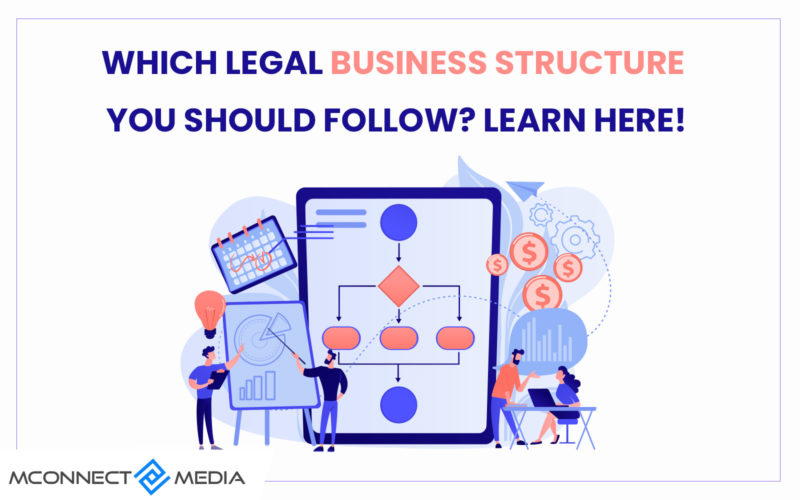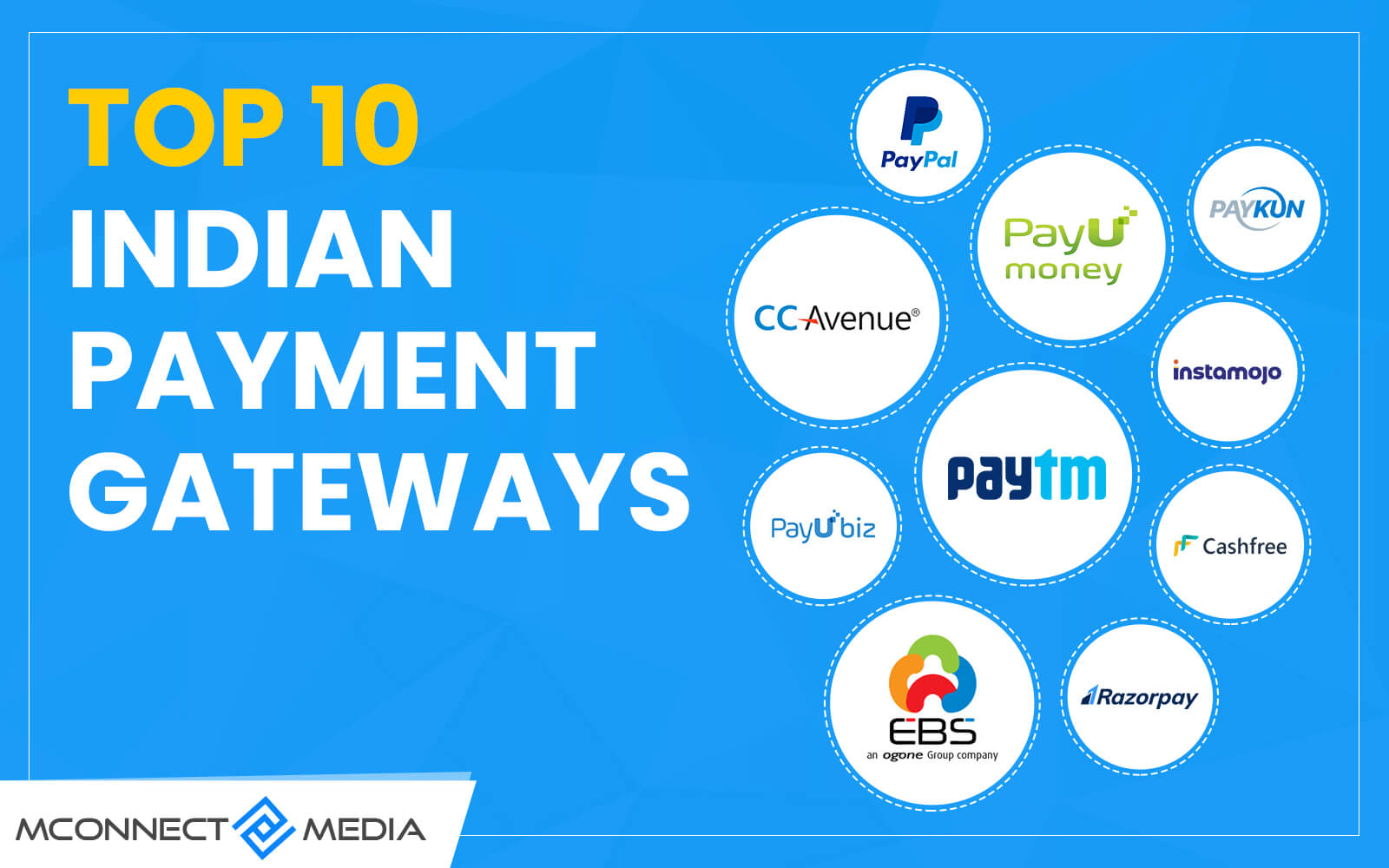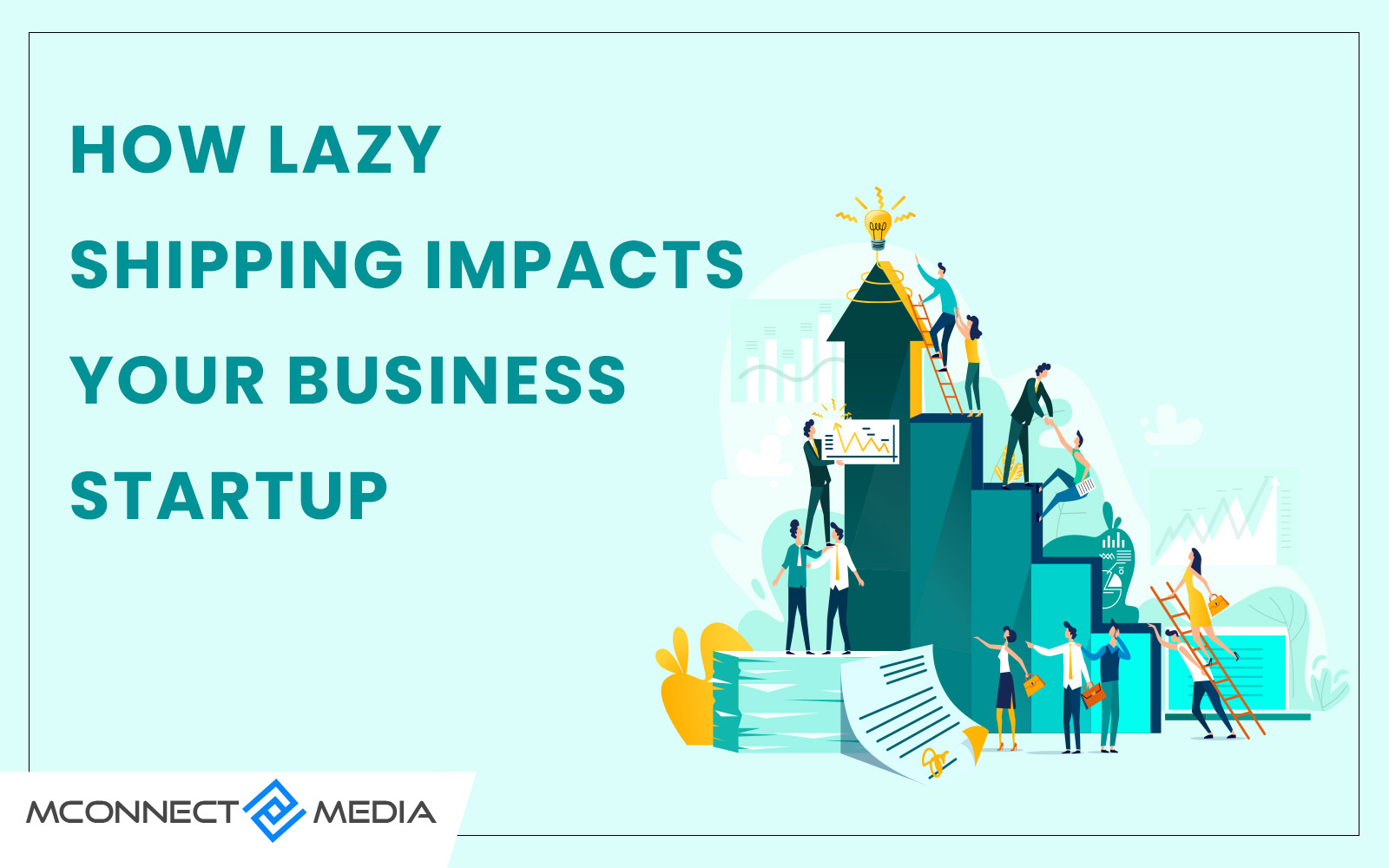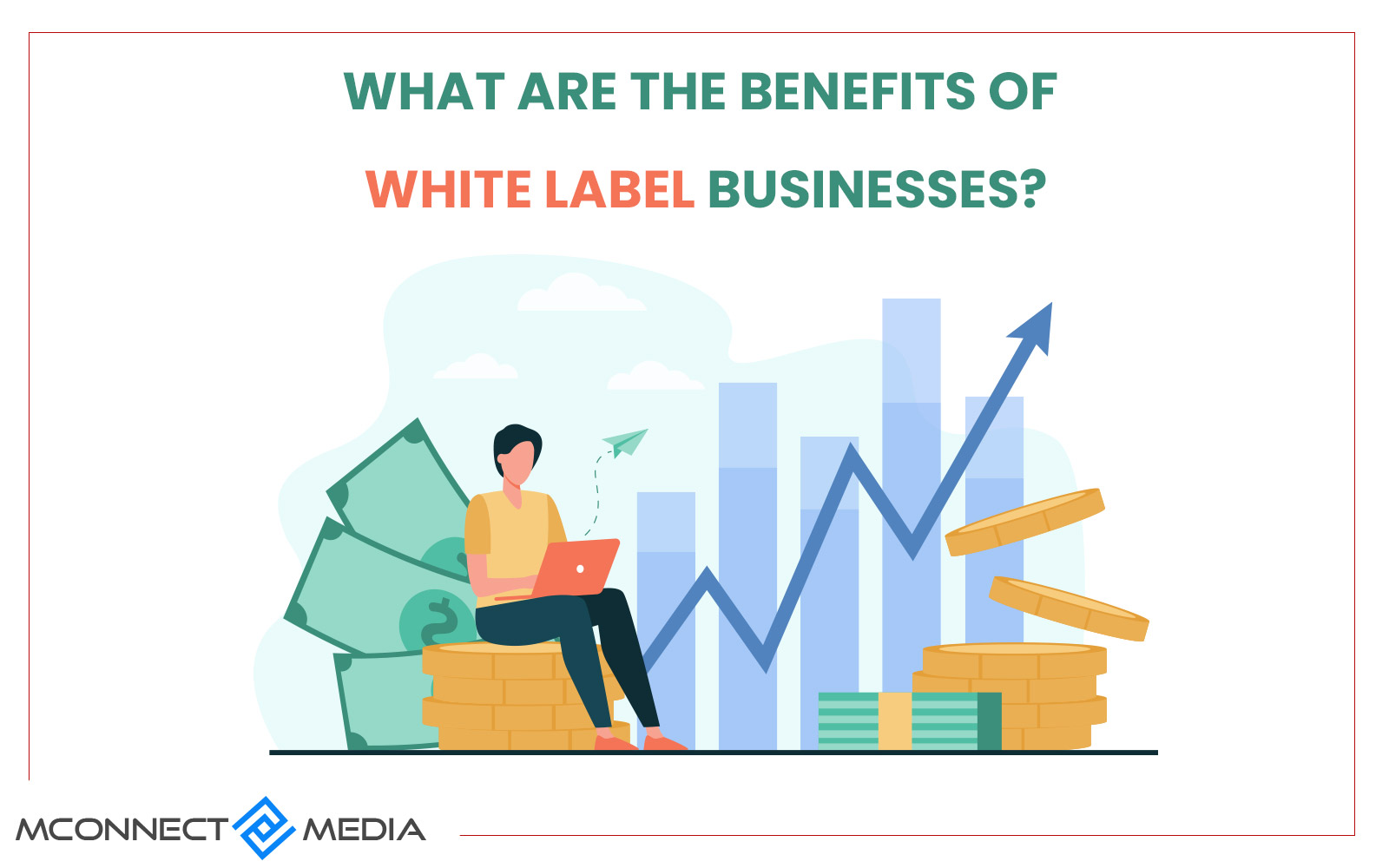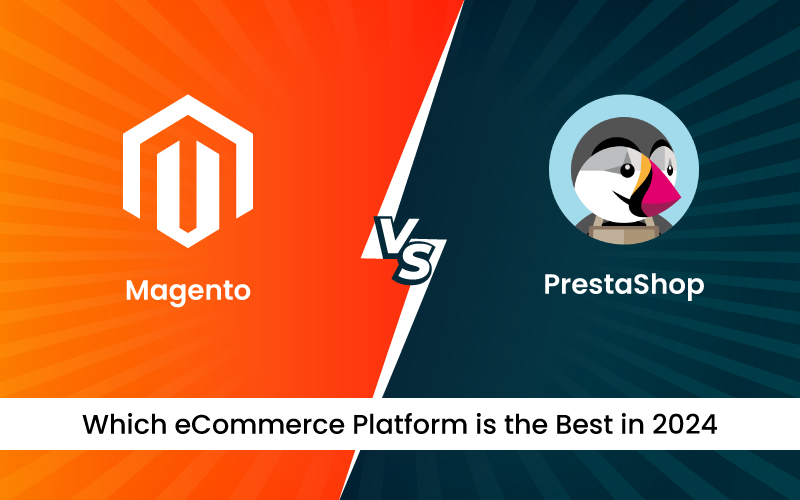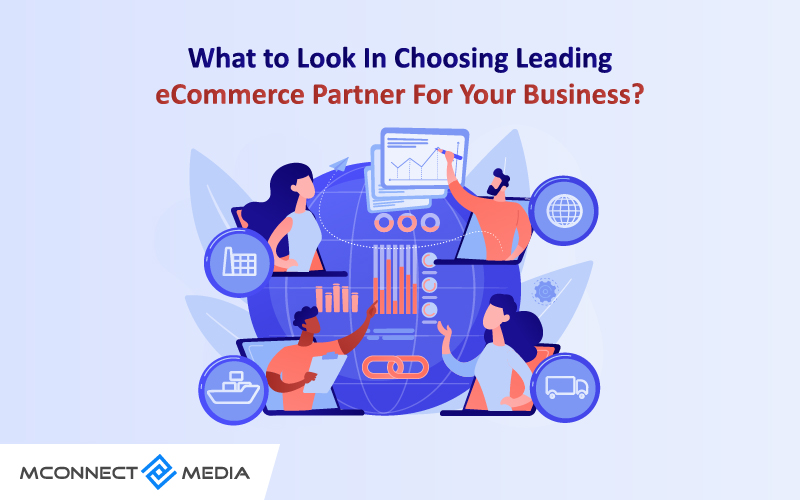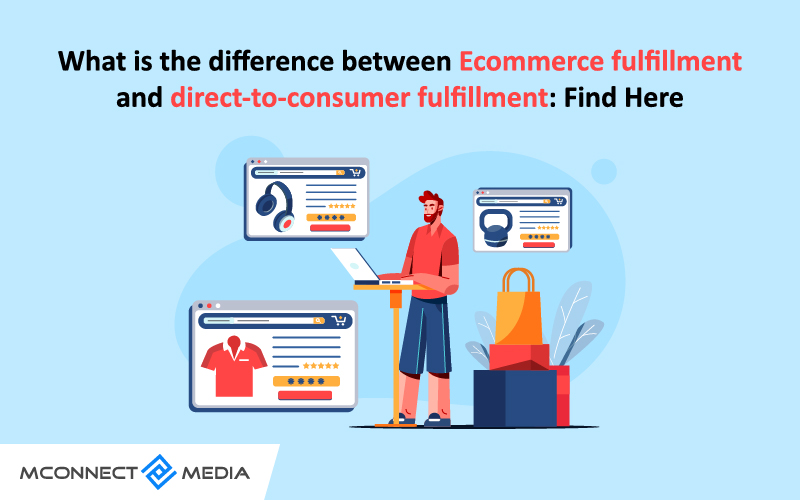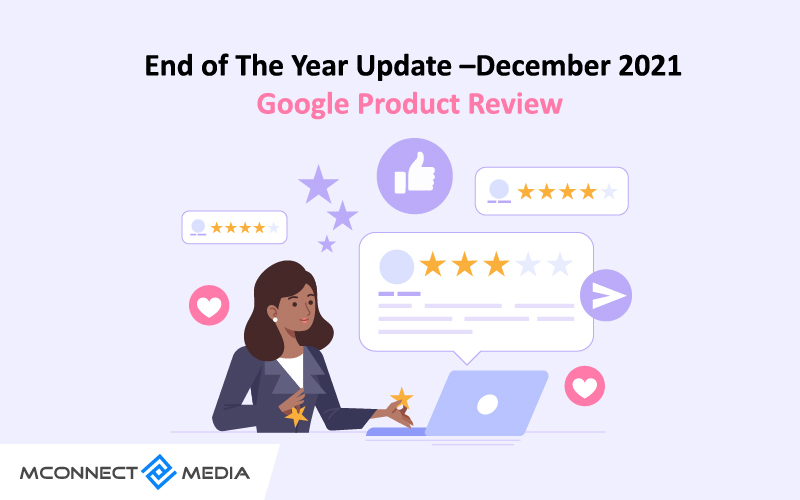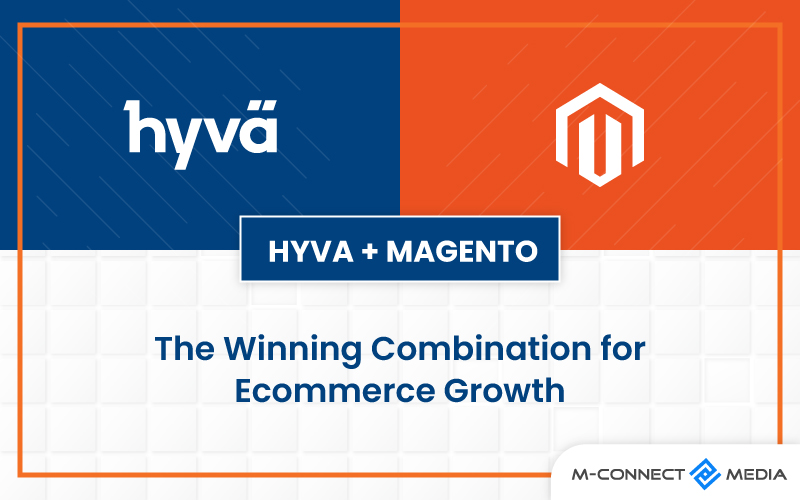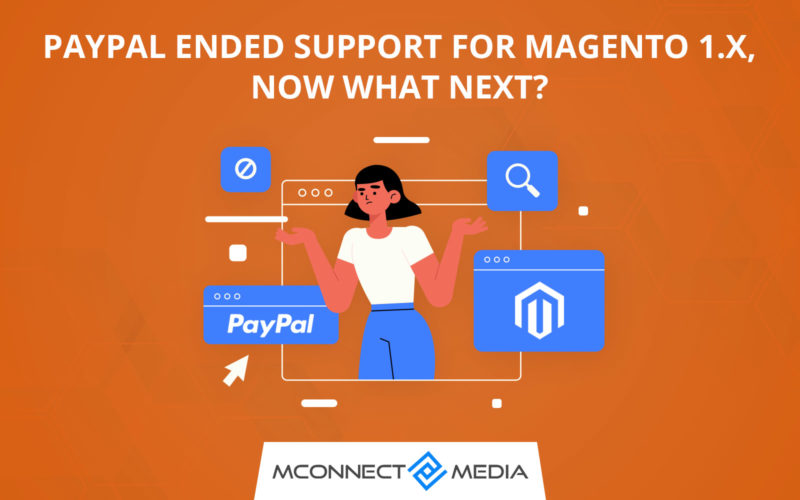Starting a business is one of the precious times in your life but at the same time more challenging. As a result, you have to perform many tasks such as choosing a name, customizing your website, sourcing products, and finding your first customers, and these are essential and often fun parts of running your company.
Other necessary things to look out as your website, name, and logo will not make you legit, especially when something goes wrong. While it’s not the most glamourous work, business incorporation is the bedrock on which your business is built. When you build your business, you establish it as a legal entity recognizable by the government.
In this blog post, we will discuss some business structure that you must follow before building your business and learn what this means, why should you do it, and how to get started.
Why Your Business Structure Matters?
You might understand what legal business structure is and how you should follow it for your business. But it is also important to know why your business structure matters as that’s how you can understand its concept.
So, the reason why your business structure defines how you are taxed, what your liabilities are, how you will secure funding and capital, among a host of other factors.
There are many benefits of incorporating a business, such as:
- You can secure personal assets
- You can make transferable ownership
- There’s potential for lower taxes
- Easy-go method to secure funding
- Easy to create retirement plans
These are the common considerations, and that’s why according to different types of business, there’s a business structure that offers benefit for personal liability, ownership, taxation, and funding, among other factors.
What are the Types of Business Structures?
Choosing the right and legal structure for your business always starts with defining your goals and considering local, state and federal laws. By defining your goals, you can choose the legal structure that meets your company’s culture.
While each business type has advantages, certain types of businesses are better suited for different company structures. You can also change your business structure as your business evolved, though this comes with additional administrative steps.
1. Sole Proprietorship
This is the simplest and first form of business entity. With a sole proprietorship, an individual can own all the responsibility for the company’s profits and debts. This structure is best for those who don’t want to go office and work for a boss. And that’s why if you want to be your own boss and run a business from home without a physical storefront, a sole proprietorship allows you to be in complete control.
This entity doesn’t offer the separation or protection of personal and professional assets, which would prove to become an issue later on as you may grow and more aspects hold you liable.
There’s a cost of Proprietorship, but depending on the market, you are part of it. Generally, your initial expenses will consist of state and fardel fees, taxes, equipment requirements, office location, banking fees, and any professional service your business decides to contact.
There are few benefits associate with Sole Proprietorship, and the following are the same:
- Complete control of your business
Since you are your own boss, you have complete control of your business. However, you don’t have to partner with anybody, and that will help you grow individually. Another reason why you have benefited with sole proprietorship is that you can make any decision on your own, and that’s how you don’t have to consider anybody.
- Easy exit
This is something you cannot do when you are in partnership because there’s always team decision. In Sole Proprietorship, you can form your business easily, and so is an exit.
There many popular brands that follow sole proprietorship and eventually grew into multi-million-dollar businesses. eBay, JC Penny, Walmart, and Marriot Hotels are the common once.
2. Partnership
This is the second entity of a business structure owned by two or more individuals. There are two types: a general partnership, where all is shared equally, and a limited partnership, where only one partner controls its operation while the other person contributes to and receives part of the profits.
The partnership follows a pass-through taxation model. This means the owners are taxed rather than the business. Taxes are applied based on each partner’s income from the business, not the business’s revenue.
The partnership allows the partners to share profits and losses and make decisions together within the business structure. However, remember that you will be held liable for the decisions made, as well as those actions made by your business partner.
The partnership cost is more expensive than a sole proprietorship because you want an attorney to review the partnership agreement. The experience and place of the attorney can affect the price range. A general partnership must be a win-win for both sides for it to be successful.
There are a few benefits associate with partnership, and the following are the same:
- Easy to Form
There’s nothing like hard to form partnership like sole proprietorship as you need little paperwork to file. If your state needs you to choose under a fictitious name, you will need to file a certificate of conducting business as a partner. Also, you need a business license.
- Share the responsibility
There’s a saying about power in numbers, and you could say it applies to a partnership. Rather than bearing all the burden yourself, you can share it with your partner. This also helps you more access to capital in many cases.
There many popular brands that follow partnership and eventually grew into multi-million-dollar businesses. Warner’s brothers, Hewlett Packard, Apple, and Twitter, are the common once.
3. Corporation
This is a kind of entity that is legal that’s separate from a person, so owners are free from personal liability, except for rare and extenuating circumstances. The law regards a corporation as an entity separate from its owners, and it has its own legal rights, independents of its owners.
Advantages of this business structure include:
- Limited liability
Stakeholders are not personally liable for claims against your corporation; they are only liable for their personal investments.
- Capital
You can easily raise large amounts of capital from investors when your business is incorporated.
4. Limited Liability Company (LLC)
A limited liability company is the last entity that’s a hybrid business structure, combining the ease of a partnership with the liability protection founds in corporations. It is technically a type of corporation.
LLCs are a newer business type, and they are becoming increasingly popular. However, depending on the state, LLCs is dissolved when a member leaves. Hence, an LLC is the best business structure for a single founder who is just starting out.
Benefits of an LLC:
- Simple Management
LLCs need a lot less record keeping and have fewer profit-sharing needs than corporations in particular. It is the simplest business form among others.
- Personal protection
With an LLC, your personal assets have a level of protection that reduces your liability.
Ending Up
To summarize, these are the common and legal business structures that you should follow. We have discussed all the business types of structure to help you decide which form you should choose. We hope you find it helpful and appropriate.
Need professional help in deciding which legal form to choose? M-connect Media can help you a guide. Consult our eCommerce expert to choose which is right and appropriate. Contact us for more information.


